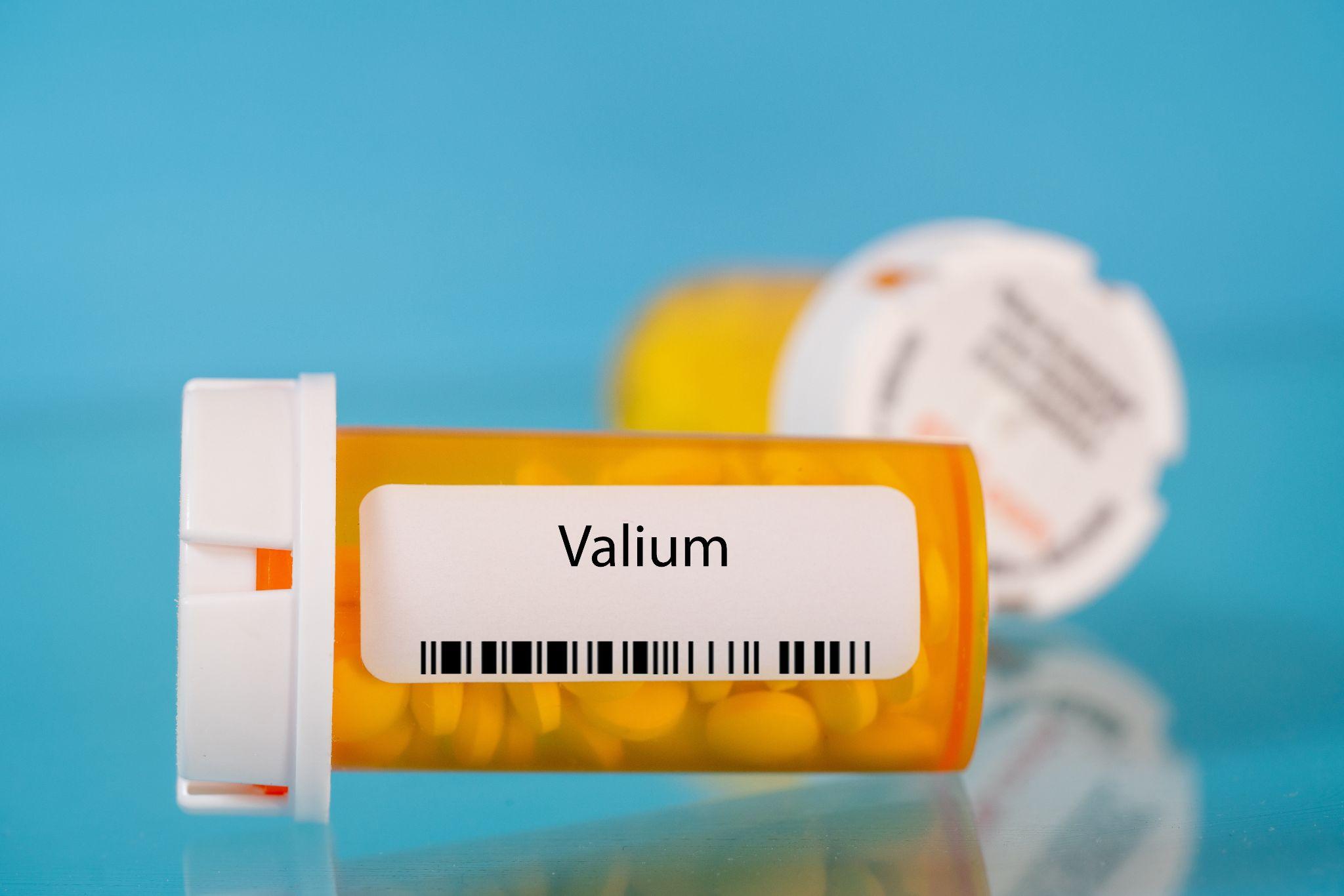Valium, known scientifically as diazepam, is a medication in the benzodiazepine family. It is primarily used to treat anxiety disorders, but also treats muscle spasms and seizures, and is sometimes used to manage the symptoms of alcohol withdrawal.
While Valium can be an effective treatment when used correctly, it also has a high potential for addiction. Recognizing the signs of Valium addiction and understanding the steps to address it are crucial for individuals and their loved ones. Lumina Recovery is here to shed light on Valium addiction, offering essential insights and guidance for those facing this challenge.
Understanding Valium Addiction
Valium helps with anxiety by enhancing the activity of certain neurotransmitters in the brain, producing a calming effect over the central nervous system. This makes it highly effective but also prone to misuse. Its ease of access and quick relief of symptoms contribute to its potential for addiction, especially among those with a history of substance abuse or mental health issues.
Valium addiction doesn’t happen overnight. It develops through a complex interplay of physical dependence and psychological reliance.
Physically, the body adapts to the presence of the drug, leading to tolerance (needing higher doses of the drug to achieve the same effect) and dependence (experiencing symptoms of withdrawal without the drug).
Psychologically, users may begin to rely on Valium to cope with everyday stressors, gradually prioritizing its use over other aspects of their lives.
Signs of Valium Addiction
Valium addiction manifests through a variety of signs that can affect an individual’s behavior, physical health, and mental well-being. Understanding these signs is essential for recognizing the need for intervention.
Behavioral Signs
Increased Dosage and Frequency. One of the most telling signs is the need to consume larger doses of Valium to achieve the same calming effect, often leading to taking the medication more frequently than prescribed.
Preoccupation With the Drug. Individuals may spend significant amounts of time thinking about Valium, planning their next dose, or figuring out how to obtain more of the drug.
Doctor Shopping. To circumvent prescription limits, a person might visit multiple doctors to obtain new prescriptions.
Withdrawal from Social and Recreational Activities. A noticeable decline in interest in hobbies, social events, and activities that once brought joy, as the focus shifts to Valium use.
Secretiveness or Lying. Hiding drug use from friends and family, or lying about the amount consumed, can be a red flag.
Physical Signs
Withdrawal Symptoms. Individuals might experience Valium withdrawal symptoms such as tremors, sweating, increased heart rate, heightened anxiety, and insomnia, indicating physical dependence.
Tolerance Development. The need to increase the dosage over time to feel the desired effects signifies building tolerance, a key step toward addiction.
Neglect of Personal Hygiene. A decline in personal grooming, hygiene and appearance might occur as the addiction takes a higher priority.
Psychological Signs
Anxiety and Depression. While Valium is often used to manage anxiety, addiction can lead to worsening anxiety levels or the onset of depression when the drug is not available.
Mood Swings. The emotional rollercoaster of highs when using Valium and lows when not can result in pronounced mood swings.
Cognitive Impairment. Difficulty concentrating, memory problems, and confusion are common as the addiction progresses, impacting daily functioning.
Risks and Consequences

The risks of Valium addiction extend far beyond the short-term health effects. Long-term use can lead to cognitive decline, memory problems, and an increased risk of accidents.
Furthermore, addiction can strain relationships, lead to financial hardship, and increase the risk of legal issues. The combination of physical health risks, such as respiratory depression and overdose, with mental health complications, like depression and anxiety, underscores the urgency of addressing Valium addiction.
Dealing With Valium Addiction
Confronting Valium addiction is a pivotal step toward reclaiming control over one’s life. It begins with the acknowledgment of the problem, a challenging yet essential move for anyone trapped in the cycle of addiction.
This acknowledgment often leads to the crucial first conversations, whether with a trusted family member, friend, or a healthcare professional. These initial discussions can open the door to a broader support network and a pathway toward treatment options tailored to the individual’s specific needs.
Treatment Options
The substance abuse treatment landscape for Valium addiction is varied, offering multiple approaches to suit different stages of addiction and personal circumstances. Detoxification, under medical supervision, is typically the first step to manage benzodiazepine withdrawal symptoms safely.
Following detox, treatment may encompass a combination of therapy modalities, including cognitive behavioral therapy (CBT) to address the underlying psychological factors of addiction, group therapy for peer support, and, in some cases, medication-assisted treatment (MAT) to ease the process. Each treatment plan should be customized, taking into account the person’s unique situation, including any co-occurring mental health disorders.
Support Systems
Beyond formal treatment, the role of support systems is irreplaceable. Recovery from Valium addiction is not a journey to be walked alone. Support groups, whether in-person or online, offer a sense of community and understanding that can significantly bolster an individual’s resilience and commitment to recovery.
Family and friends play a crucial role as well, providing emotional support, understanding, and encouragement through the ups and downs of the recovery process.
In navigating the road to recovery, it’s also vital to consider the environmental and lifestyle changes that support a drug-free life. This might include developing new hobbies, establishing a healthy routine, and making connections with people who support your sobriety. Such changes help in filling the void left by addiction, offering new sources of joy and satisfaction.
Dealing with Valium addiction is undeniably challenging, but with the right approach and support, recovery is within reach. It requires a willingness to seek help, the courage to face the underlying issues contributing to the addiction, and the determination to build a healthier, more fulfilling life. For those struggling and their loved ones, remember: hope, help, and healing are always possible.
Get Support for Valium Addiction at Lumina Recovery
Overcoming Valium addiction, while daunting, is not insurmountable. With the right knowledge, support, and determination, individuals can navigate the path to recovery and rediscover a life of health and fulfillment.
Lumina Recovery offers prescription drug addiction services, medication-assisted treatment (MAT), and group therapy to support you or your loved one with a Valium addiction.
Our team of professionals are ready to help you. Contact us today.
Disclaimer: This article is for informational purposes only and not intended as medical advice. If you or someone you know is struggling with addiction, seek professional help.



